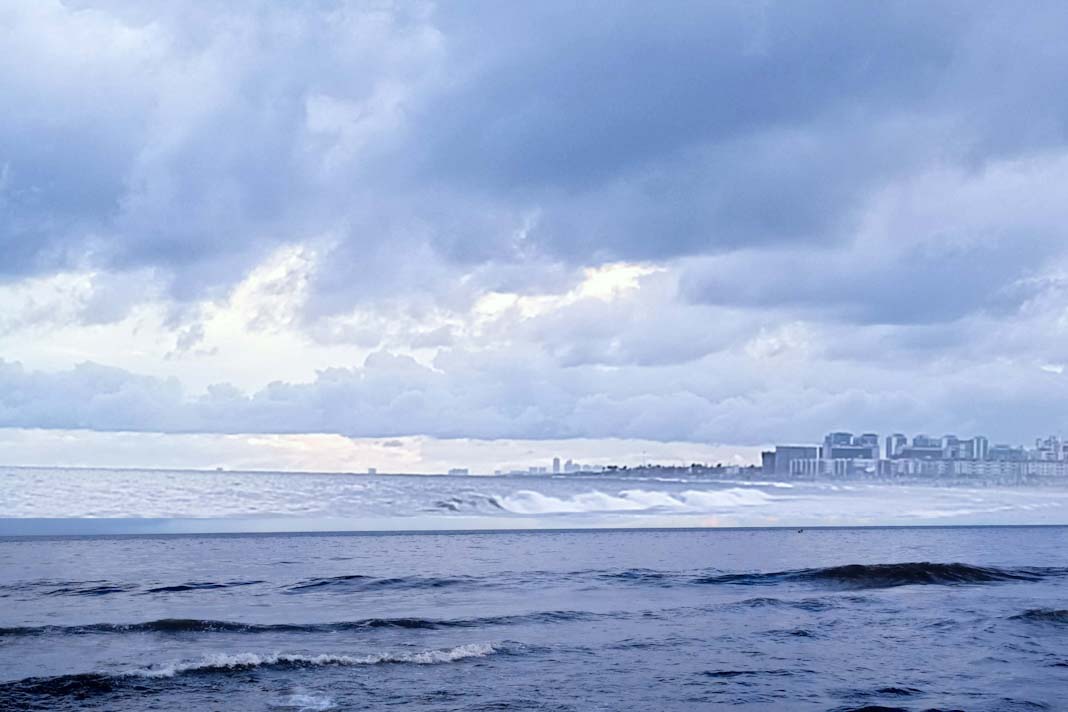
- UK–Netherlands initiative aims to decarbonise shipping between Port of Tyne and Port of IJmuiden, backed by £9m in joint funding.
- Project supports DFDS’s transition to methanol-fuelled RoPax ferries and explores port infrastructure upgrades.
- Feasibility studies confirm technical readiness, with potential annual CO₂ savings of up to 850,000 tonnes.
The Port of Tyne has hosted UK and European stakeholders to review advancements on the Green North Sea Shipping Corridor, a flagship initiative to decarbonise maritime transport between the UK and the Netherlands. Launched in November 2024, the project is funded through a £9 million bilateral scheme, including £1.5 million from the UK Government and matching contributions from industry partners.
The corridor will link the Port of Tyne and the Port of IJmuiden, supporting DFDS’s planned introduction of next-generation methanol-powered RoPax vessels from 2029–2030. The technical programme, led by environmental consultancy Ricardo, assesses infrastructure requirements, terminal electrification, regulatory frameworks, and methanol supply chain logistics.
Feasibility Study Findings
At an event held at the National 2050 Maritime Innovation Hub, project partners—including the Netherlands Ministry of Infrastructure and Water Management, the UK Department for Transport, and Innovate UK—examined results from feasibility studies.
Rolph Spaas of Darel Consultancy confirmed IJmuiden’s readiness for DFDS’s new fleet with targeted structural and operational modifications.
Ricardo’s Matthew Moss presented insights into methanol sourcing, infrastructure upgrades, and compliance measures for both ports.
The findings highlight the corridor’s potential to cut annual emissions by up to 850,000 tonnes and create green jobs, while building next-generation port facilities for electrification and methanol refuelling.
Collaboration and Future Vision
Speakers, including Port of Tyne CEO Matt Beeton, Innovate UK’s James Lovett, DFDS Route Director Teun Wim Leene, and Ricardo’s Matthew Moss, stressed the importance of cross-sector collaboration—from ports and vessel operators to fuel suppliers and energy providers—to move from feasibility to implementation.
The project also aligns with broader UK maritime decarbonisation strategies and could serve as a model for a global network of zero-emission shipping corridors. Alongside this route, green corridor studies have been conducted for Holyhead–Dublin and UK–Norway/Denmark links.
By leveraging its 2050 Maritime Innovation Hub, the Port of Tyne aims to cement its role as a hub for clean growth, sustainable transport, and low-carbon international trade.
Did you subscribe to our daily Newsletter?
It’s Free Click here to Subscribe!
Source: Port of Tyne















